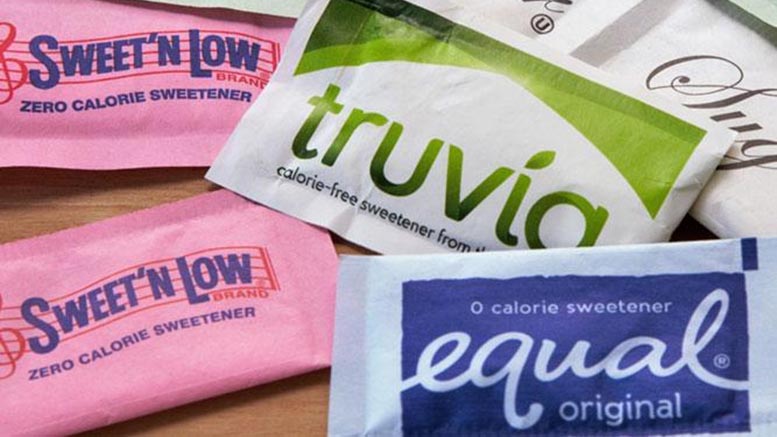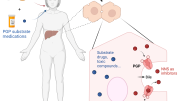
According to a new research, persons who use low-calorie sweeteners (LCS) are more likely to gain weight, which is the exact reverse of what customers expect.
A $2.2 billion industry to help people lose weight through artificial sweeteners may be contributing to type 2 diabetes, according to researchers from the University of South Australia.
A recently published review led by UniSA Professor Peter Clifton reveals that people who use low-calorie sweeteners (LCS) are more likely to gain weight, the exact opposite of what consumers expect.
“Artificial sweeteners also change the gut bacteria which may lead to weight gain and risk of type 2 diabetes.”
This is despite controlled clinical trials showing that artificial sweeteners do lead to weight loss.
There has been a 200 percent increase in LCS usage among children and a 54 percent increase among adults in the past 20 years, Prof Clifton says.
Low-calorie sweeteners are used in place of sucrose, glucose, and fructose. They have an intensely sweet flavor without the calories, but recent studies have highlighted potential adverse health effects.
Prof Clifton says a US study of 5158 adults over a seven-year period found that those who consumed large quantities of artificial sweeteners gained more weight than non-users.
“Consumers of artificial sweeteners do not reduce their overall intake of sugar. They use both sugar and low-calorie sweeteners and may psychologically feel they can indulge in their favorite foods.
“Artificial sweeteners also change the gut bacteria which may lead to weight gain and risk of type 2 diabetes,” he says.
Artificially sweetened beverages (ASB) are also linked with increased risks of death and cardiovascular disease, strokes, and dementia among older people, but it is not clear why.
Prof Clifton cites 13 studies that investigated the effects of ASB intake on the risk of type 2 diabetes, all of which found either no link or a positive one. One study found that substituting ASB for sugar-sweetened beverages or fruit juices was associated with a 5-7 percent lower risk of type 2 diabetes.
“A better option than low-calorie sweeteners is to stick to a healthy diet, which includes plenty of whole grains, dairy, seafood, legumes, vegetables and fruits and plain water,” Prof Clifton says.
Reference: “Non-nutritive Sweeteners and Glycaemic Control” by Yoona Kim, Jennifer B. Keogh and Peter M. Clifton, 19 November 2019, Current Atherosclerosis Reports.
DOI: 10.1007/s11883-019-0814-6








It clearly say MAY LEAD TO …..
There is no peroof or scientific statiscal prooven evidence of anything mentioned here!!!
So out of all the different kinds of artificial sweeteners, somehow they all have the same effects? Like most of these, it is likely from surveys and very unscientific.
This is definitely some BS. I need a double blind study and I need to know the confidence interval. Statistics are misleading and can be bent to trick people. This reeks of bullcrap.
As usual, these studies do nothing but confuse the general public. There is absolutely no science involved. No causal facts. Just reporting coincidences.
I think there should be a strong movement to stop wasting money on these “studies” and focus on science and fact. The information generated is completely useless and means nothing.
This is not a rct, just a lit review or an epidemiological observation, which is meaningless to draw any conclusion from
I agree, I started chewing tons of gum with sweeteners. I gained 20 lbs in 4 months. Quit gum and am less hungry and losing weight.